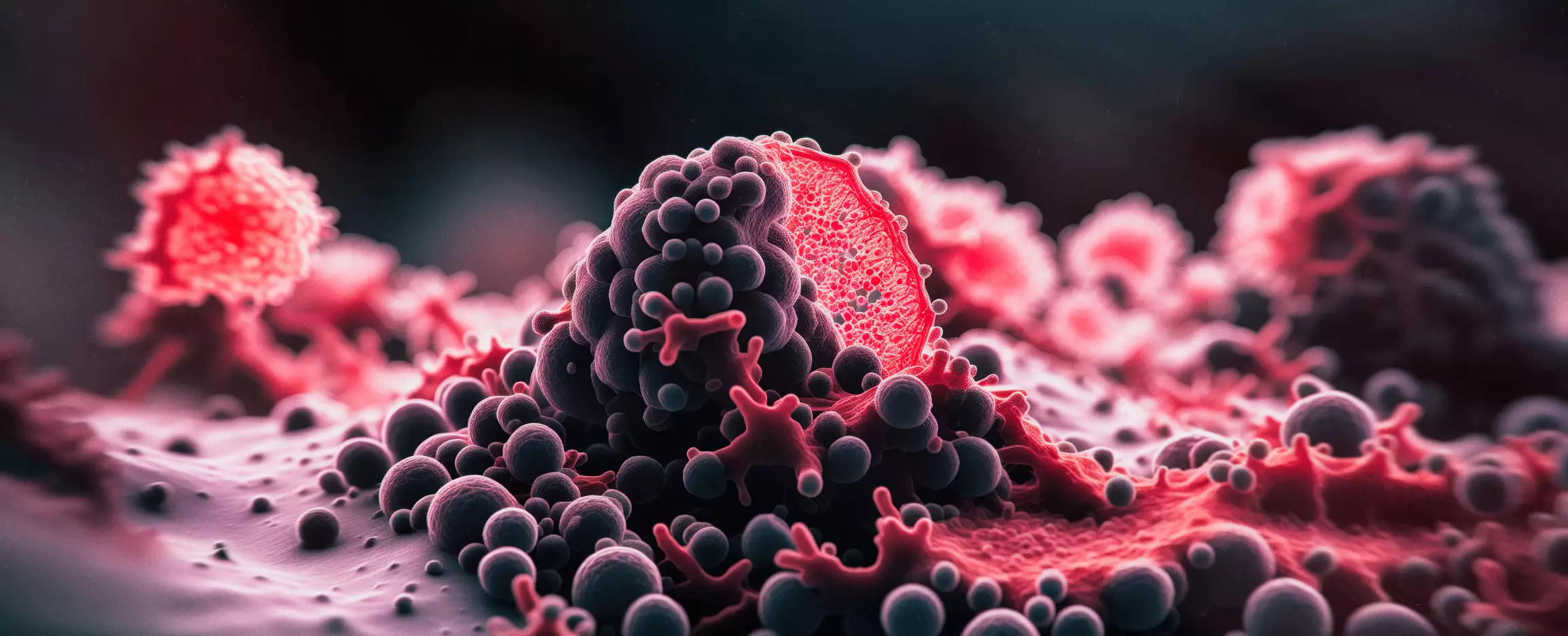Cancer is a disease that impacts millions of lives worldwide, with one in two people developing some form of cancer in their lifetime. The classical theory of cancer posits that DNA mutations are the main cause of the disease. This theory has been supported by extensive experimental evidence, linking factors like ageing, lifestyle choices, and environmental exposures to the development of genetic alterations in cells, leading to uncontrolled cell growth and cancer formation. While this theory has provided valuable insights into cancer biology, it also highlights the limitations of targeting irreversible genetic mutations with traditional therapies.
On the other hand, the emerging epigenetic theory of cancer suggests that reversible epigenetic changes, rather than genetic mutations, could play a significant role in cancer development. Epigenetic alterations involve modifications to the genome that can influence gene expression without changing the underlying DNA sequence. These changes are reversible and can impact how cells interpret genetic information, contributing to processes like cell differentiation and adaptation to external stimuli. Recent research has shown that cancer cells accumulate epigenetic alterations that promote cell survival, suggesting that both genetic and epigenetic changes may contribute to cancer progression.
A recent study published in Nature provided compelling evidence that temporary changes in epigenetic marks, even in the absence of DNA mutations, can lead to cancer development. This groundbreaking research challenges the traditional view that only genetic mutations drive cancer growth, opening up new possibilities for targeted epigenetic therapies. By reprogramming cancer cells through the manipulation of reversible epigenetic marks, researchers could potentially reverse abnormal cell behavior and halt uncontrolled cell division.
Furthermore, the detection of abnormal epigenetic marks in cancer cells has paved the way for non-invasive blood tests that can identify cancer biomarkers with high accuracy. Combining genetic and epigenetic tests could revolutionize cancer detection and improve treatment strategies tailored to individual patients. Epigenetic therapies, already approved for certain types of cancer, hold promise for enhancing the effectiveness of traditional treatment modalities like surgery and radiotherapy.
While the epigenetic theory of cancer offers a fresh perspective on the disease, it does not negate the classical theory based on genetic mutations. Rather, it complements existing knowledge and highlights the complexity of cancer development. Ongoing research aims to validate the epigenetic theory in various models, including human cells, to advance the development of precision treatments for cancer patients.
As we delve deeper into the molecular mechanisms underlying cancer, it is crucial to recognize the interconnected roles of genetic and epigenetic factors in driving tumorigenesis. Collaborative efforts between researchers, clinicians, and pharmaceutical companies are essential to harness the full potential of epigenetic therapies and diagnostics in the fight against cancer. By exploring the synergies between genetic and epigenetic approaches, we may unlock new treatment modalities that offer improved outcomes and personalized care for cancer patients.
The epigenetic theory of cancer offers a paradigm shift in our understanding of the disease, emphasizing the importance of reversible epigenetic changes in cancer initiation and progression. By embracing this holistic view of cancer biology, we can pave the way for innovative therapeutic strategies that address the multifaceted nature of cancer and ultimately improve patient outcomes.


Leave a Reply